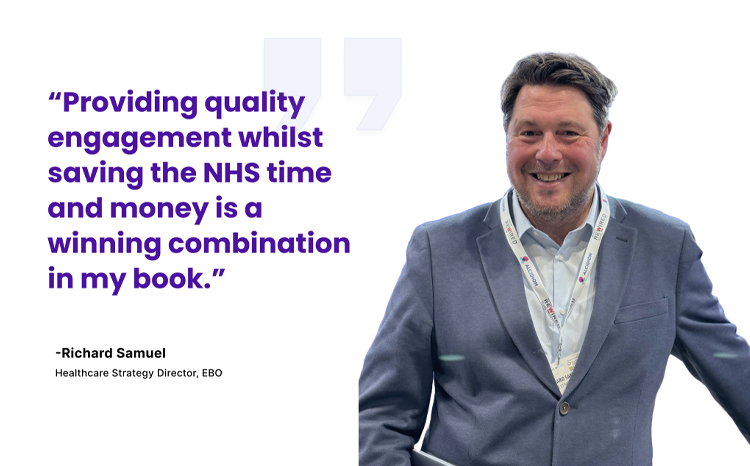NHSmail SMS funding extended for GPs
- 22 December 2014

NHS England has extended central funding of email-to-SMS services for primary care organisations using NHSmail, after the Department of Health caused an outcry by announcing plans to cut funding from next March.
Dr Paul Cundy, joint chairman of the British Medical Association and Royal College of GPs’ joint IT committee, told EHI he hopes the six-month extension will provide a chance for “heads to be cracked together at the DH” and secure permanent funding of SMS services for primary care.
A full business case prepared in July for the transition from the current NHSmail service to its replacement revealed plans to move SMS service costs onto local providers, stating that funding would “cease to be a central concern” from 31 March, 2015.
“After this health and care organisations must procure and fund their own service.”
The document said the preferred model for the provision of SMS services, the G-Cloud framework, will create a market of competing suppliers for local NHS organisations.
Cundy told EHI at the time that the plans “will go down like a lead balloon” with GPs.
“This will probably be the blue touch paper: GPs have had so much dumped on them, and the idea that they have to pay, that could be the final straw.”
However, NHS England has now agreed to support a replacement SMS service for primary care organisations that use the current version of NHSmail – including clinical commissioning groups, GP practices, pharmacists, optometrists, and dentists – until 30 September.
“NHS England have taken this decision to provide additional time for existing primary care services, to make provisions with general practices, to transition this to a local service from 1st October 2015,” the organisation said in a statement.
Cundy told EHI that he welcomed the U-turn regarding the funding.
“It’s excellent news, and practices will be very relieved.”
He said NHS England, and particular its director of strategic systems and technology Beverley Bryant, “immediately understood the situation” and actively worked to address GPs’ concerns.
The extension will provide time for “heads to be cracked together at the DH” to secure long-term funding of the service for primary care, Cundy said.
“The government wants GPs to be moving online next year and providing access to appointments, prescription requests, and embracing modern technology, while no longer funding an SMS service for GPs – it’s obviously somewhat discordant.
“It’s obvious that [permanent funding] is where it’s got to end up, because anything else would be completely ludicrous.”
NHS England said it will “continue to explore how best to migrate to a local funding model for SMS post September 2015”.
“Further details will be provided in early 2015 to enable organisations to plan accordingly.”
A managed email framework tender worth £120 million to £350 million for the procurement of NHSmail2 was released in February this year.
The Health and Social Care Information Centre says a contract award is due to take place in March 2015 followed by a transition to the new service throughout the 2015/16 financial year.




